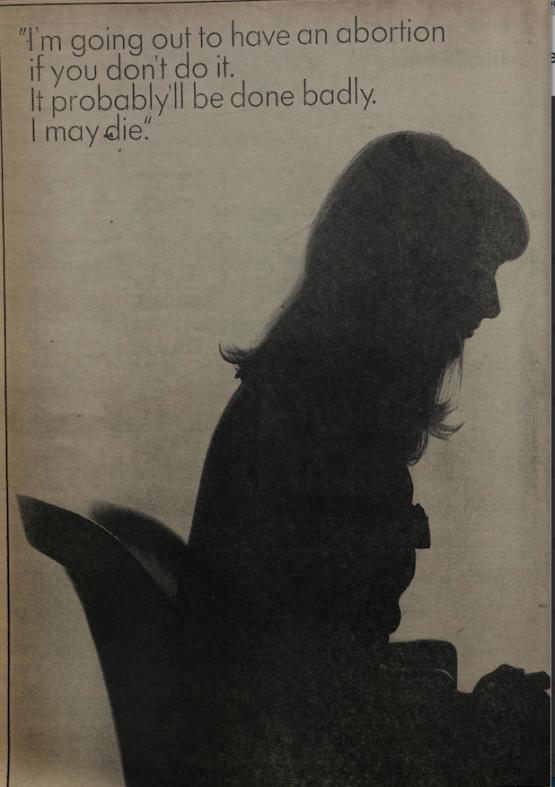In 1965, Dan Rather was one of a handful of correspondents in the documentary “Abortion and the Law” hosted by Walter Cronkite and produced by Palmer Williams and David Lowe. Despite state laws, about a million abortions were performed each year in the United States, with roughly 80 percent of the women being married. About 5,000 women died a year and 350,000 suffered post-operative complications. The show explored the moral, legal, medical, and psychological implications of the abortion issue in the United States as well as in Mexico, Japan, Sweden, Chile, England, and the U.S.S.R. In the United States, cameras followed two women on their way to illegal abortions while correspondents, including Peter Kalisher, Bert Quint, Dan Rather, Hughes Rudd, Daniel Schorr, and Robert Schakne, interviewed women who planned to have abortions. They also talked to medical, legal, and religious spokespersons and a retired physician convicted of performing illegal abortions. Originally broadcast on the evening of April 5, 1965, when it competed with the Academy Awards, the show was then rebroadcast on May 17, 1965, following an outpouring of letters.
Though the show was condemned by some, the network advertised its commitment to investigation, and “Abortion and the Law” earned positive reviews. While he criticized the “teasing bit of sensationalism” at the beginning, Jack Gould in the New York Times commended CBS for encouraging “a public dialogue on what was once regarded as a taboo subject.” Variety called it “an impressive journalistic achievement, as benefits so melancholy and horrifying a problem.” In a two-page advertisement, CBS proudly recounted the numerous letters it received, from both sides, and repeated its sense of obligation to "put the facts—as frankly as possible—before as many people as possible. . . . Because, as we see it, before a man opens his mouth, he ought to open his eyes."
A year later, "Abortion and the Law” was recognized by peers and the judicial world. Together with four other shows, “Abortion and the Law” received a Gavel Award from the American Bar Association in July 1966.


